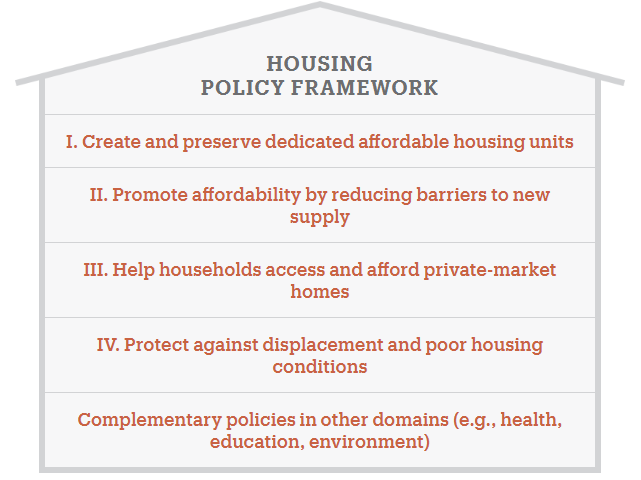
Accessible Homes: Updates in Affordable Housing Policy
Affordable housing remains a critical issue globally, and recent updates in affordable housing policies signal a shift towards addressing this challenge with renewed vigor. In this article, we explore the key developments in affordable housing policies, focusing on how these updates aim to make housing more accessible and affordable for a broader segment of the population.
Government Initiatives to Boost Affordability
Governments worldwide are recognizing the urgency of addressing affordable housing concerns. Recent policy updates reflect a commitment to creating more accessible homes for individuals and families facing financial constraints. Various incentive programs, subsidies, and grants have been introduced to stimulate the development of affordable housing projects, encouraging collaboration between public and private sectors.
Innovations in Financing Models
Affordable housing policy updates are not only about increasing subsidies but also about innovating financing models to make homeownership more achievable. Governments are exploring partnerships with financial institutions and introducing low-interest loans, down payment assistance, and shared equity programs. These financial innovations aim to reduce the upfront financial burden on prospective homeowners, fostering increased affordability.
Focus on Inclusive Housing Design
A notable shift in affordable housing policies is the emphasis on inclusive housing design. Governments are encouraging developers to incorporate universal design principles that accommodate people of all ages and abilities. This approach not only promotes accessibility but also ensures that affordable housing meets the diverse needs of communities, including those with disabilities or specific lifestyle requirements.
Community Land Trusts for Sustainable Affordability
The concept of community land trusts (CLTs) is gaining traction as a sustainable model for ensuring long-term affordability. Affordable housing policy updates increasingly incorporate CLTs to secure land for affordable housing purposes. CLTs separate the ownership of land from the ownership of homes, allowing communities to collectively manage and steward the land, preventing speculative practices and preserving affordability.
Addressing Gentrification Challenges
Affordable housing policy updates also address the challenges posed by gentrification. Cities experiencing rapid development and rising property values often face the displacement of lower-income residents. Policies now include strategies to mitigate gentrification impacts, such as rent control measures, inclusionary zoning, and community-driven development plans that prioritize the needs of existing residents.
Promotion of Affordable Rental Housing
Recognizing that homeownership is not the only solution, affordable housing policies are placing increased importance on promoting affordable rental housing. Governments are incentivizing the construction of affordable rental units, regulating rent increases, and implementing tenant protection measures. These efforts aim to provide a diverse range of affordable housing options to cater to different financial situations.
Incorporating Sustainability in Affordable Housing
Sustainability is becoming an integral part of affordable housing policies. Recent updates emphasize the integration of energy-efficient technologies, green building practices, and environmentally friendly materials in affordable housing projects. This not only aligns with global efforts to combat climate change but also reduces long-term operating costs for both homeowners and the community.
Digital Solutions for Affordable Housing Access
Technological advancements are being leveraged to enhance access to affordable housing. Digital platforms and tools are being employed to streamline application processes, provide information about available affordable housing units, and facilitate communication between stakeholders. These digital solutions aim to make information more accessible and simplify the often complex procedures associated with affordable housing programs.
Empowering Local Communities in Decision-Making
Affordable housing policy updates are recognizing the importance of involving local communities in decision-making processes. Community-driven initiatives, participatory planning, and the inclusion of diverse voices in housing policies contribute to the creation of solutions that better meet the unique needs of each community. This empowerment fosters a sense of ownership and ensures that policies align with the realities of the local housing landscape.
Visit Affordable Housing Policy Updates for More Information
For more detailed information on the recent updates in affordable housing policies and how they impact communities, visit Affordable Housing Policy Updates. Explore the comprehensive insights into the evolving landscape of affordable housing and the measures taken to make homes more accessible for everyone.
In conclusion, recent updates in affordable housing policies reflect a commitment to addressing housing challenges in a holistic and inclusive manner. Through a combination of financial innovations, sustainable practices, community engagement, and digital solutions, governments are striving to create affordable housing options that not only meet the basic need for shelter but also contribute to the overall well-being and stability of communities.
